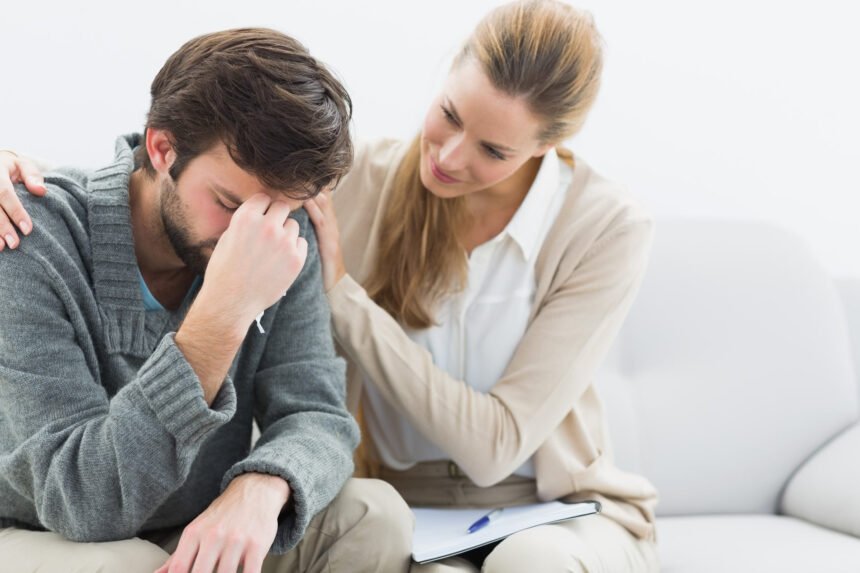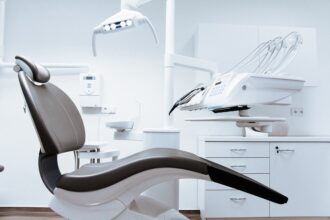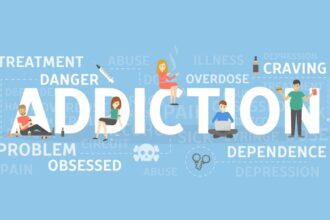Drug addiction is an enduring disease that comes with a number of traits including uncontrollable desire or craving for drugs, the tendency of self-harm, depression, mental and physical health hazards and more. However, despite being such a destructive disorder, the addict continues to take drugs and feel high on it. The prolonged use of drug destroys the brain activity and the results are beyond devastating. Another gruesome fact about addiction is that it is a relapsing disease, which means that a person can switch back to addiction after complete detox. Started as a voluntary use, the addiction takes a toll on an individual with time. It destroys the ability of an individual to think otherwise and thus needs medical attention as soon as possible. There are many treatments available that help people recover from drug addiction.
Use of medication in Drug addiction treatment:
Medication is associated with the later phase of rehab when the individual starts showing signs of recovery but need some extra help to become completely sober. The primary use of medication is to manage withdrawal symptoms, prevention from relapse & for the treatment of co-occurring disorders.
Withdrawal:
Through medication, the withdrawal symptoms can be suppressed to the best level during the detoxification process. Detoxification is the first step towards addiction treatment process and not a treatment in itself.It is essential that individuals pursue rehab after a detoxification to prevent the chances of relapse. Usually, over 80% of the detoxification processes require medication support. 
Relapse Prevention:
As stated above, addiction is a relapsing disease and the chances of relapse are quite high. Medication is used to help an individual have control of normal brain activity and also subside the craving for the substance. Medication assistance is used in cases of addiction of opioids (heroin or prescription drugs), tobacco (nicotine) & alcohol. The research to find medication for treating cannabis and stimulants is still on.
Co-Occurring conditions:
Co-occurring disorder is a condition when an individual develops an addiction for a substance and some sort of mental disorder at the same time. The mental disorder might be stress, depression, social anxiety, the intention of self-harm and more. Also known as dual diagnosis, this is a complex situation to treat as the symptoms of both the underlying problems are more or less same and influence each other. Thus, the use of medication becomes a must in case of co-occurring disorders. A comprehensive drug treatment program for young adults has many contributing elements that pave the way to an addiction-free life. A perfect blend of medication & therapies can help an individual quit addiction and embrace a normal life. Many drug addiction treatment centers offer personalized drug addiction treatment facilities that cater to the individual needs of the addict. The success rate of these programs is claimed to boost when a medication schedule is incorporated into them. However, choosing the medication therapy is the decision best taken by a consulting doctor. Experts, strictly recommend not using medication at home without prescription of a certified professional.









